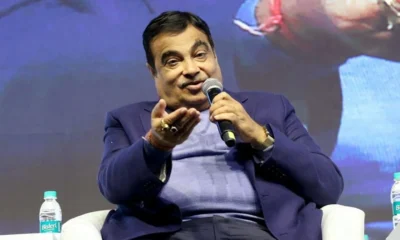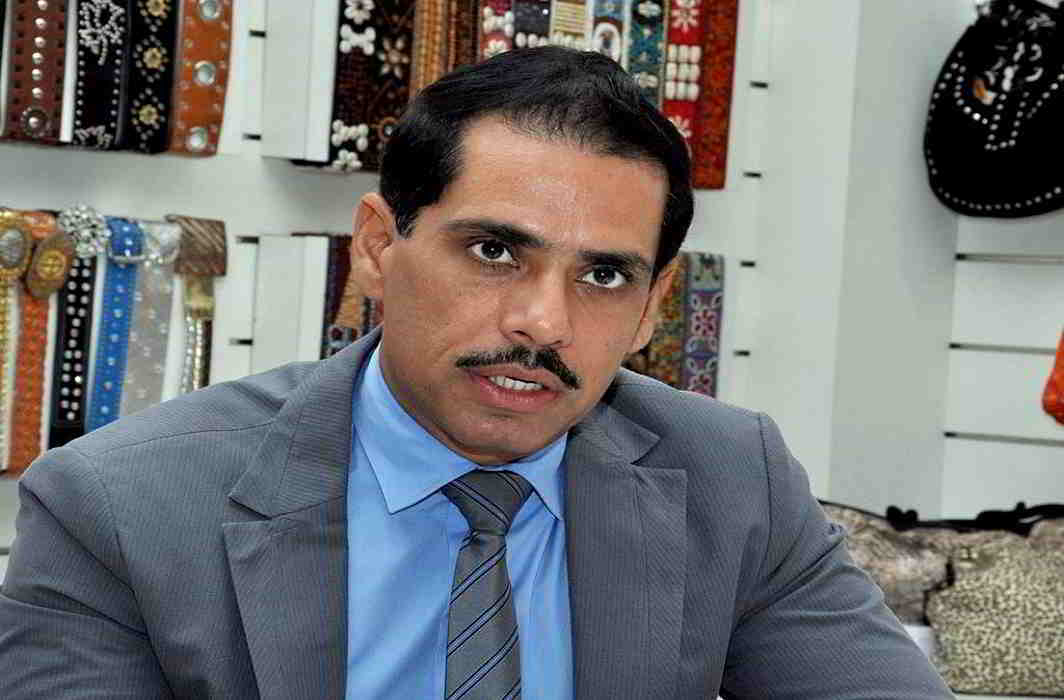India News
Congress slams Centre on Judge Muralidhar’s transfer, “process followed” says Law Minister
Delhi High Court judge Justice S Muralidhar, who on Wednesday questioned the Centre, the state government and the Delhi Police’s inability to curb the riots in Delhi that killed 32 people and left more than 200 injured, has been transferred to the Punjab and Haryana High Court.

India News
PM Modi accuses Congress of anti-Sikh bias over Rahul Gandhi’s ‘traitor’ remark
Prime Minister Narendra Modi accused Rahul Gandhi of targeting BJP MP Ravneet Singh Bittu with a ‘gaddar’ remark because of his Sikh identity while speaking in the Rajya Sabha.
India News
Manipur Assembly to meet at 4 pm today, floor test likely under new chief minister
The Manipur Legislative Assembly will convene at 4 pm today, with a floor test likely as the new chief minister seeks to prove his majority in the House.
India News
PM Modi skips Lok Sabha reply as protests force repeated adjournments
PM Modi did not deliver his Lok Sabha reply today after sustained Opposition protests led to repeated adjournments over a dispute involving Rahul Gandhi’s proposed speech.
-

 Latest world news21 hours ago
Latest world news21 hours agoPakistan faces domestic backlash after India secures lower tariffs in US trade deal
-

 Latest world news22 hours ago
Latest world news22 hours agoNew Delhi free to buy oil from any source, Russia says amid US deal claims
-

 Cricket news21 hours ago
Cricket news21 hours agoPakistan PM Shehbaz Sharif confirms boycott of India match at T20 World Cup
-

 India News17 hours ago
India News17 hours agoManipur Assembly to meet at 4 pm today, floor test likely under new chief minister
-

 India News13 hours ago
India News13 hours agoPM Modi accuses Congress of anti-Sikh bias over Rahul Gandhi’s ‘traitor’ remark













